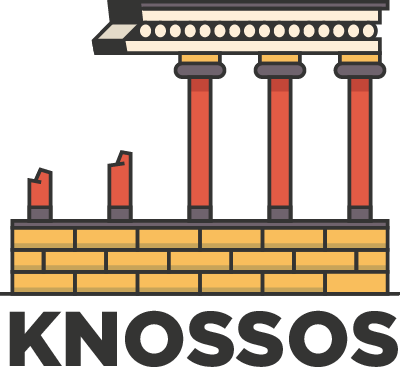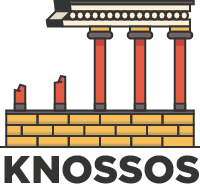Table of Contents
I. Introduction
For centuries, the legend of Atlantis has captured the imagination of scholars and dreamers alike. Described by the ancient philosopher Plato as a utopian society that met a tragic end, Atlantis has remained shrouded in mystery. Yet, as we delve deeper into history, the catastrophic eruption of Santorini in 1613 BCE presents a compelling parallel, suggesting that this ancient disaster may be more than just a mythic tale.
II. The Santorini Eruption: A Real-Life Atlantis?
The eruption of Santorini was one of the most catastrophic volcanic events in human history. The powerful earthquakes, massive tsunamis, and the engulfing ash clouds bear a striking resemblance to the cataclysmic end of Atlantis as described by Plato. Could the Santorini eruption be the real event that inspired the Atlantis legend?
III. Archaeological Evidence: The Tale of Akrotiri
The ancient Minoan settlement of Akrotiri, preserved in volcanic ash like a prehistoric Pompeii, offers tantalizing clues.
The sophisticated urban layout, advanced artwork, and remnants of a prosperous society found in Akrotiri align eerily with Plato’s descriptions of Atlantis. The site’s advanced architecture and artwork suggest a civilization that was at the peak of its power before the disaster struck.

IV. Minoan Civilization: Echoes in Plato’s Description
Plato’s Atlantis was a civilization of remarkable sophistication, mirrored in what we know of the Minoans. Their maritime prowess, evident in the widespread trade networks throughout the Mediterranean, parallels the seafaring excellence attributed to Atlantis.
Architectural marvels such as the palaces of Knossos, with their complex layouts and advanced engineering, reflect the descriptions of grandeur and innovation in Atlantis. The cultural and technological advancements of the Minoans, from their art to their water management systems, suggest a civilization that could have inspired legends.
V. Debating the Myth: Scholars’ Perspectives
Scholars have long debated the connection between the Santorini eruption and the Atlantis legend. Some argue that the Minoans’ fate, as revealed through archaeological evidence, closely matches the story’s narrative, while others caution against drawing direct parallels, citing the lack of conclusive evidence. This scholarly debate underscores the complexities of correlating myth with historical events.
VI. Legacy and Impact on Popular Imagination
The story of Atlantis, perhaps rooted in the tragedy of the Minoans, has transcended its origins to become a fixture in popular culture. It has inspired countless works of literature, film, and art, becoming a symbol of lost civilizations and a reminder of the power of nature.
The legend of Atlantis, whether based on the Santorini eruption or not, speaks to the human fascination with the unknown and the allure of ancient mysteries.
VII. Conclusion
The Santorini eruption and the Atlantis legend are intertwined in a tapestry of history and myth. While the true origins of the Atlantis story may remain hidden in the depths of time, the parallels with the Minoan Civilization offer a fascinating glimpse into how real events can inspire enduring legends.
The story of Atlantis, reflective of the Minoans’ rise and fall, continues to captivate and intrigue, a testament to the enduring power of myth in human history.


